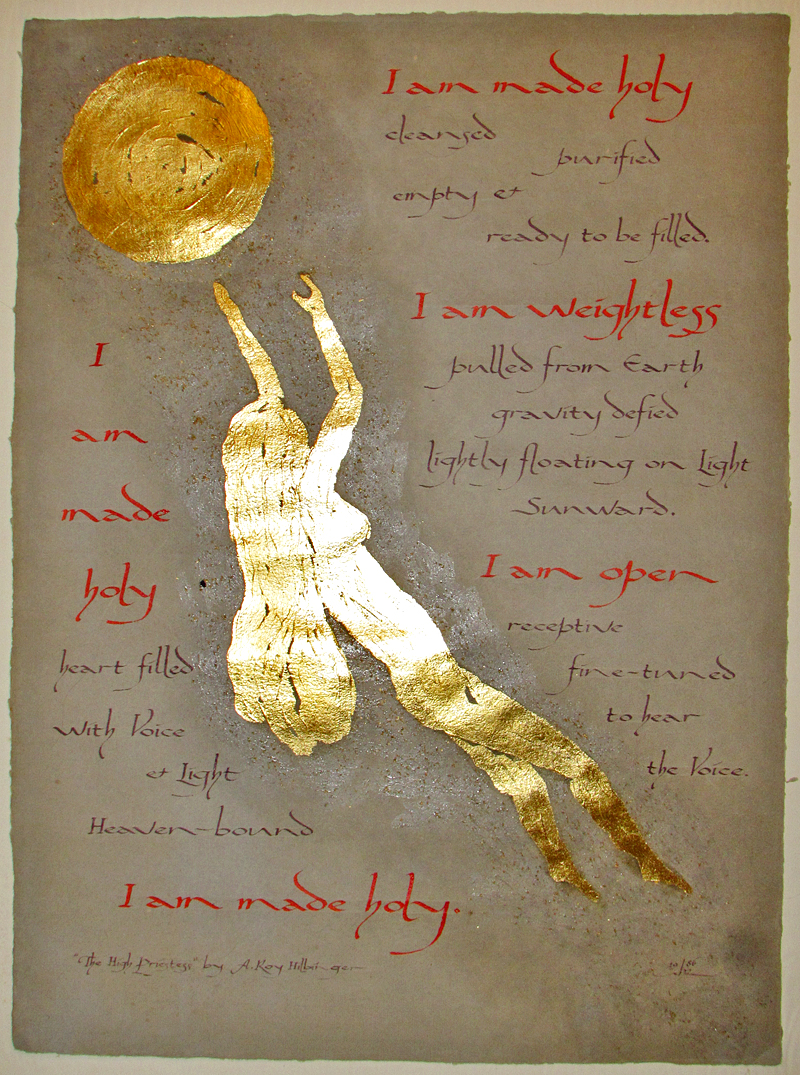[Note: I wrote this piece last year for Memorial Day, and I like it so much I decided to reprint it this year.]
Today in the US we memorialize those who have been claimed by war. It's usually celebrated as a great patriotic event, with martial songs and chest-thumping nationalism, all about the glory of dying for your country. What egregious nonsense! As any battle-scarred veteran can tell you, war isn't glorious; it's a gory, bloody, loud hell of a meat-grinder, and the meat being ground is the young of the nation, fed into it by old men who hold grudges or who see a profit to be made, win or lose. I've always said that if the fat old men who declared wars actually had to fight in them, we'd have world peace overnight.
Here are some potent quotes about the reality of war:
"And I can't help but wonder, now Willie McBride,
Do all those who lie here know why they died?
Did you really believe them when they told you 'The Cause'?
Did you really believe that this war would end wars?
Well the suffering, the sorrow, the glory, the shame,
The killing, the dying, it was all done in vain.
For Willie McBride, it all happened again,
And again, and again, and again, and again."
– Eric Bogle, "No Man's Land"
"Either war is finished, or we are."
– Herman Wouk, War and Remembrance
"War may sometimes be a necessary evil. But no matter how necessary, it is always an evil, never a good. We will not learn how to live together in peace by killing each other's children."
– Jimmy Carter, Nobel Lecture, December 10, 2002
"I hate war as only a soldier who has lived it can, only as one who has seen its brutality, its stupidity."
– Dwight D. Eisenhower, speech, January 10, 1946
"If civilization has an opposite, it is war. Of these two things, you have either one, or the other. Not both."
– Ursula K. LeGuin, The Left Hand of Darkness
Probably the greatest antiwar poem ever written is "Dulce et Decorum Est" by Wilfred Owen, an Oxford scholar and poet who enlisted at the beginning of WWI, and who was killed just one week before the armistice which ended it. During the war he wrote his poems in the letters he sent home, and as the conflict continued he used these poems to vent his anger and cynicism at the futility, the barbarity, and the stupidity of it all. "Dulce et Decorum Est" could just as well have been titled "The Lie", the lie in question being the quote from the Roman poet Horace that is fed to soldiers in time of war: "Dulce et decorum est pro patria mori"; the English translation is "It is sweet and proper to die for one's country". Obviously Owen disagreed, and I'm with him.
Dulce et Decorum Est - Wilfred Owen
Bent double, like old beggars under sacks,
Knock-kneed, coughing like hags, we cursed through sludge,
Till on the haunting flares we turned our backs,
And toward our distant rest began to trudge.
Men marched asleep. Many had lost their boots,
But limped on, blood-shod. All went lame; all blind;
Drunk with fatigue; deaf even to the hoots
Of gas-shells dropping softly behind.
Gas! GAS! Quick, boys! – An ecstasy of fumbling
Fitting the clumsy helmets just in time,
But someone still was yelling out and stumbling
And flound'ring like a man in fire or lime...
Dim through the misty panes and thick green light,
As under a green sea, I saw him drowning.
In all my dreams before my helpless sight,
He plunges at me, guttering, choking, drowning.
If in some smothering dreams, you too could pace
Behind the wagon that we flung him in,
And watch the white eyes writhing in his face,
His hanging face, like a devil's sick of sin;
If you could hear, at every jolt, the blood
Come gargling from the froth-corrupted lungs,
Obsceneas cancer, bitter as the cud
Of vile, incurable sores on innocent tongues, –
My friend, you would not tell with such high zest
To children ardent for some desperate glory,
The old Lie: Dulce et decorum est / Pro patria mori.
Today we lament the deaths of young people killed by adherence to an anachronism, and pledge to end the scourge that killed them. Here are two songs that lament the deaths of soldiers - Eric Bogle's "No Man's Land" and Mark Knopfler's "Brothers In Arms".
Photo © 2009 by A. Roy Hilbinger


















































.jpg)


































